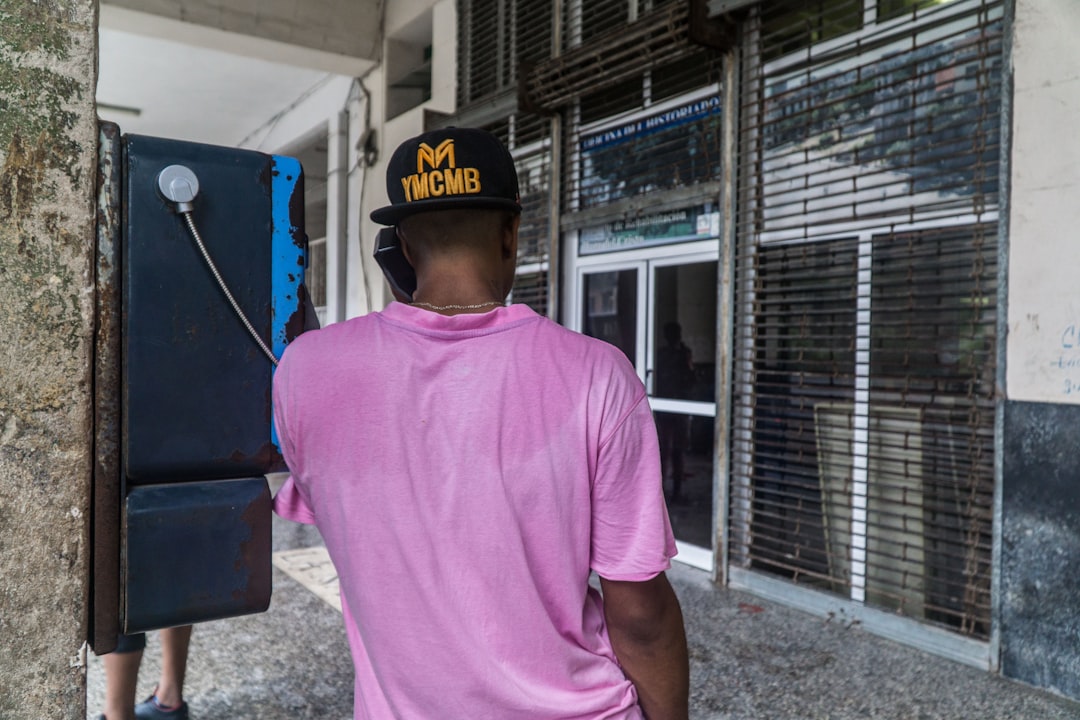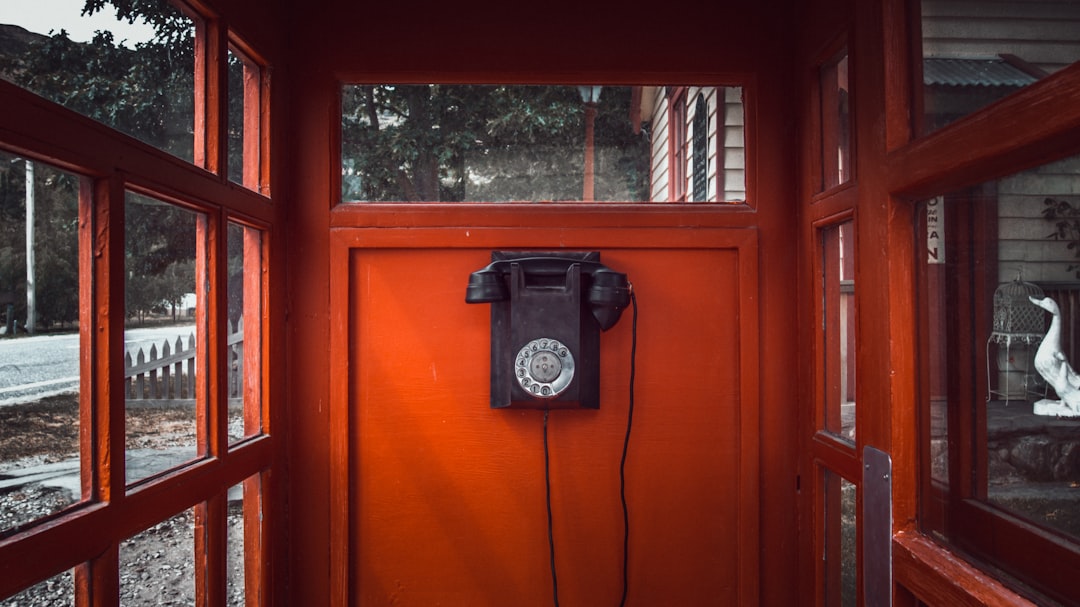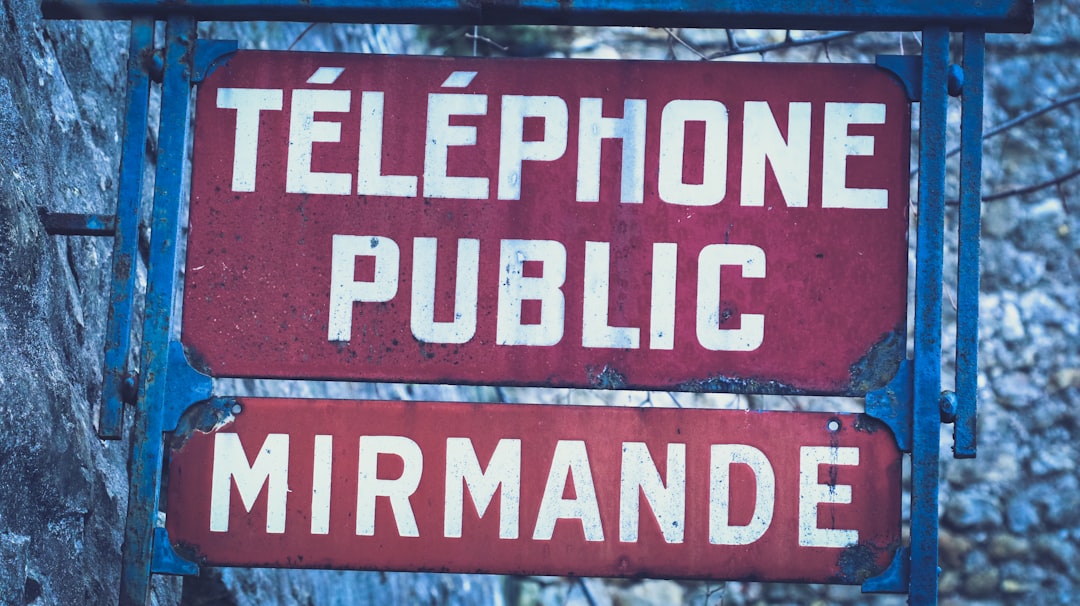Robocalls have become a significant problem in Maryland, especially for seniors, with relentless automated marketing and scam calls targeting their reliance on landline phones and limited digital skills. Sophisticated technology and deceptive tactics are used to promote products and services despite opt-outs. This has led many Maryland residents, particularly the elderly, to seek legal help from spam call lawyers specializing in Missouri to combat these nuisance calls and protect themselves from fraud. Spam calls often impersonate government agencies, banks, or trusted organizations, pressuring seniors into making hasty decisions and causing financial loss and emotional distress. Legal aid organizations and experienced spam call lawyers in Missouri assist victims in recovering losses and holding culprits accountable under laws like the Telephone Consumer Protection Act (TCPA). Safeguards include educating residents about risks, adjusting phone settings, implementing security systems, and staying informed about emerging scams.
In an era dominated by digital communication, robocalls have become a pervasive issue, particularly affecting Maryland’s elderly community. This article delves into the impact of automated telephone marketing on seniors, exploring the prevalence and tactics employed by robocallers. We examine the vulnerabilities of Maryland’s elderly population and the common scams they often face. Additionally, we highlight legal protections available to victims and provide resources for assistance. Finally, we offer preventive measures and best practices to safeguard Maryland’s elderly residents from these intrusive and deceptive calls, emphasizing the importance of community awareness and education.
Understanding Robocalls and Their Prevalence in Maryland

Robocalls, automated phone calls that deliver recorded messages, have become an increasingly prevalent nuisance across Maryland and beyond. While they can be used for legitimate purposes like appointment reminders or political updates, robocalls are often associated with spam, scams, and fraud. These unwanted calls target individuals from all demographics, but the elderly community in Maryland is particularly vulnerable due to factors such as limited digital literacy and a higher reliance on phone communication.
Maryland residents, especially seniors, often receive a deluge of automated calls promoting everything from financial products to home services, even when they’ve opted out of such marketing. Moreover, some robocalls are designed to mimic official government or healthcare voices, adding a layer of deception that can lead to the sharing of sensitive information by unwitting recipients. With the rise of sophisticated call technology and aggressive telemarketing tactics, it’s left many Marylanders—particularly the elderly—wondering how to protect themselves from these relentless spam calls. Seeking legal counsel from experienced spam call lawyers in Missouri or other states can provide a solution for those affected by this growing issue.
The Vulnerability of Maryland's Elderly Population to Robocalls

Maryland’s elderly community, with its significant population of seniors, is particularly vulnerable to the scourge of robocalls. This demographic often relies on landline phones for communication, making them prime targets for automated spam calls that inundate their lines. The sheer volume and persistence of these unsolicited calls can cause significant distress, especially for those living alone.
Furthermore, the elderly may lack the technical knowledge or resources to effectively combat robocallers. This vulnerability is further compounded by their potential to fall victim to fraudulent schemes peddled through these calls, with promises of prizes, free services, or medical help turning out to be empty. The problem has become so pervasive that many seniors are left feeling isolated and wary of using their phones, impacting their social connections and access to essential information—a concern that has prompted the need for legal interventions by Missouri-based spam call lawyers to protect Maryland’s elderly community.
Common Scams and Deceptive Practices Used by Robocallers Targeting Seniors

Robocalls targeting Maryland’s elderly community often employ sophisticated and deceptive practices, preying on their trust and vulnerability. Common scams include pretending to be from government agencies, banks, or trusted organizations to gather personal information or persuade seniors to invest in fraudulent schemes. Scammers may also pose as family members or healthcare providers to gain access to sensitive medical records or financial accounts.
One particularly insidious tactic is the use of automated voice messages that promote fake prize wins, urgent tax refunds, or health warnings, urging seniors to take immediate action over the phone or online. These spam calls often include threatening language or create a sense of urgency to pressure seniors into making hasty decisions without proper verification. Fortunately, awareness and education are powerful tools in combating these practices, and many local Missouri spam call lawyers are dedicated to helping victims recover from such fraudulent activities.
Legal Protections and Resources for Elderly Victims of Spam Calls

In Maryland, as in many states across the US, elderly individuals are often targeted by spam calls, which can lead to financial loss and emotional distress. Fortunately, various legal protections are in place to safeguard seniors from such deceptive practices. The Telephone Consumer Protection Act (TCPA) prohibits unsolicited phone marketing calls and provides significant penalties for violators. Additionally, Maryland has its own laws against telemarketing fraud, offering further recourse for victims.
If an elderly resident of Missouri falls prey to spam calls, there are resources available to help. Legal aid organizations often offer free consultations for those who have suffered financial harm due to fraudulent calls. Experienced spam call lawyers in Missouri can guide seniors through the legal process, helping them recover losses and hold culprits accountable. These professionals specialize in navigating complex laws and ensuring that victims’ rights are protected.
Preventive Measures and Best Practices for Protecting Elderly Residents in Maryland from Robocalls

To protect Maryland’s elderly community from robocalls, several preventive measures and best practices can be implemented. Start by educating residents about the risks associated with answering unknown numbers and encouraging them to use call blocking features on their phones. Many spam call lawyers Missouri offer valuable resources and advice tailored to senior citizens, helping them understand legal protections and reporting mechanisms.
Additionally, community organizations and local governments can collaborate to raise awareness through workshops and informational campaigns. Installing security systems equipped with voice recognition technology or automated call screening tools in shared spaces like retirement homes can further enhance protection. These measures, combined with staying informed about emerging robocall scams, empower Maryland’s elderly residents to navigate the digital landscape more safely.






